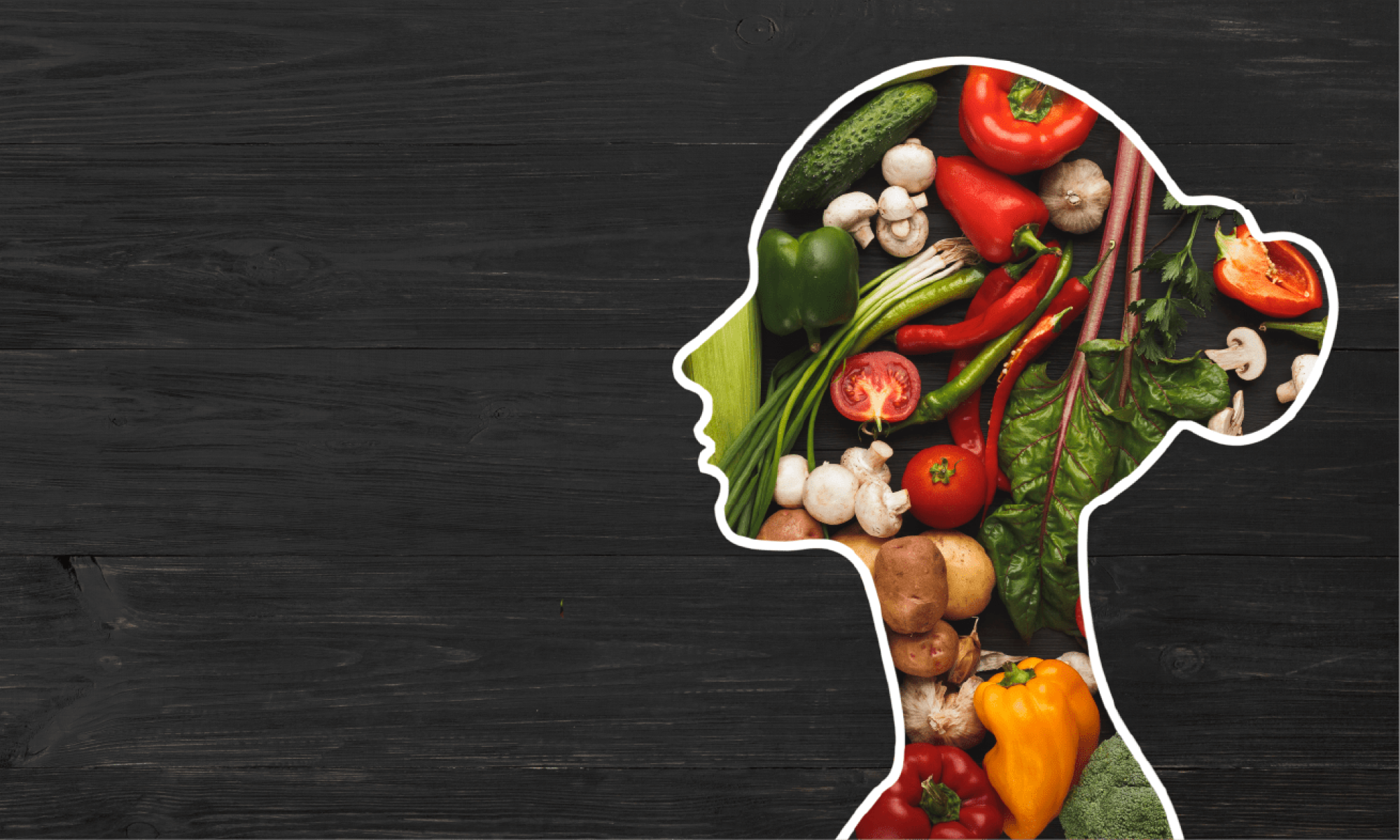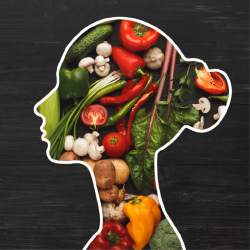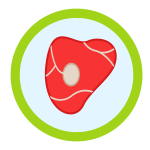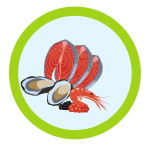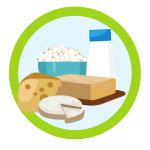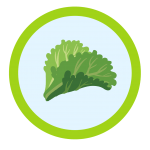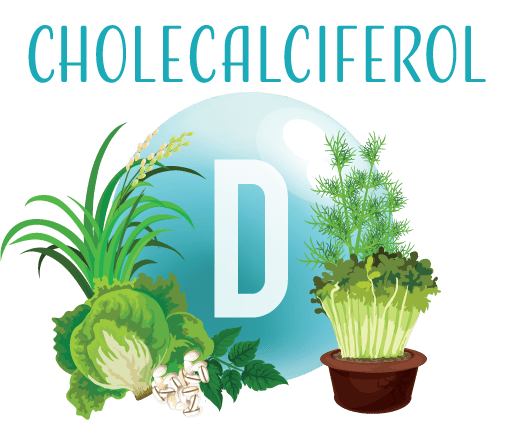
The Benefits of Vitamin D: From Strong Bones to a Healthy Heart
Vitamin D also known as cholecalciferol is a fat-soluble vitamin that has several functions in the body. One of its most important jobs is to facilitate the absorption and utilization of calcium and phosphorus by the intestines. This is why it is necessary for normal bone and teeth development in children. It also protects against muscle weakness and regulates the heartbeat. Vitamin D is essential for the prevention and treatment of osteoporosis and hypocalcemia, and it enhances immunity. It is crucial for thyroid function and normal blood clotting. Though we primarily get vitamin D from food or supplements, exposure to the sun’s ultraviolet rays can help to activate it in the skin.
Recommended daily Vitamin D intake varies by age, sex, and individual needs. Most people need 600 IU daily, but those over 70 should aim for 800 IU.
Meat & Protein
Grass Fed Red Meat
3.5-ounce serving of beef liver contains 62% of the daily value of vitamin D.
A 3.5-ounce serving of beef sirloin contains 16% of the daily value.
Just a 3.5-ounce serving of lamb liver contains 44% of the daily value of vitamin D.
3.5-ounce serving of contains 11% of the daily value
One 3.5-ounce serving contains 5% of the daily value of vitamin D.
Bison/buffalo liver – a 3.5 oz serving provides 196% of the daily value for copper.
3.5 oz serving provides 61% of the daily value for copper.
Fish and Seafood
3.5-ounce serving of sardines provides almost half the daily value.
This oily fish is a great source of protein and omega-3 fatty acids, and packs in over 100% daily value of vitamin D per 3-ounce serving.
A 3.5-ounce serving of canned tuna contains about 40% of the recommended daily intake.
A 3.5-ounce serving of herring contains over five times the daily value.
Grass Fed Dairy
Many brands of milk are fortified with vitamin D. One cup of fortified milk can provide up to 25% of the daily value.
A six-ounce serving of yogurt can provide around 20% of the daily value.
4. Cheese – Some types of cheese are also high in vitamin D. For example, one ounce of Swiss cheese can provide around 10% of the daily value.
5. Butter – While not as high in vitamin D as the other foods on this list, butter can still contribute to your daily intake. One tablespoon of butter provides around 1-2% of the daily value.
One ounce can provide around 10% of the daily value.
One tablespoon of butter provides around 1-2% of the daily value.

Free Range Eggs
Contain. about 10% daily value of vitamin D
Leafy Greens & Oils
Leafy Greens
A 3.5 oz serving of raw spinach provides about 3% of your daily value
serving of 3.5 oz of raw kale provides about 2% of your DV of vitamin D
A 3.5oz serving of cooked collard greens provides about 5% of your DV.
Serving of just 3.5 oz of cooked mustard greens provides about 6% of your DV of vitamin D.
A 3.5oz serving of cooked turnip greens provides about 4% of your DV of vitamin D

Oils
Just one tablespoon of cod liver oil contains more than twice the recommended daily intake.
fish liver oils like halibut liver oil and salmon liver oil provide more than 100% of the daily value in one tablespoon
Mushroom oil is a vegan source of vitamin D. It provides about 100% of the daily value in just a few drops.
4. Flaxseed oil: Flaxseed oil is a plant-based oil that is packed with nutrients. It provides about 10% of the daily value of vitamin D per tablespoon.
Packed with nutrients. It provides about 10% of the daily value of vitamin D per tablespoon.
Plant-based oil that is rich in nutrients. It provides about 6% of the daily value of vitamin D per tablespoon.
Did you know?

While it is commonly referred to as a vitamin, it is actually considered a hormone as it is synthesized in the body through exposure to sunlight. That hormone connects with our genes. It has receptors called VDR that are found through out our body. These receptors work with different binding sites on our genes and control many genes – possibly hundreds or thousands.
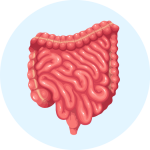
It is critical for keeping good tight junctions. Tight junctions are essentially the gates that regulate the paracellular permeability of water, ions, and macromolecules in adjacent cells. Helping prevent leaky gut. Studies have shown a correlation between deficiency and IBS.

Research shows that vitamin D receptors are located in areas of the brain that are linked to the development of depression and anxiety. So, eating vitamin D-rich foods or taking supplements can help you maintain a good mood.
